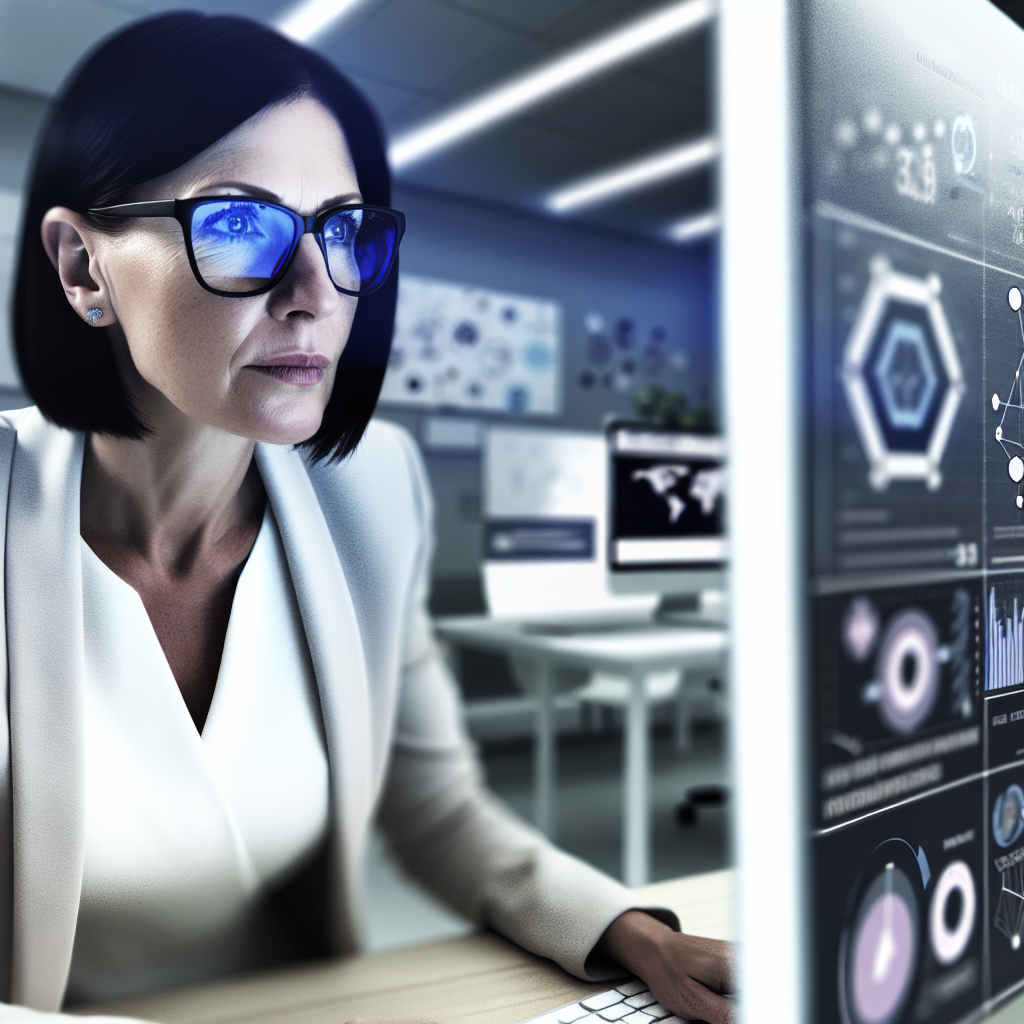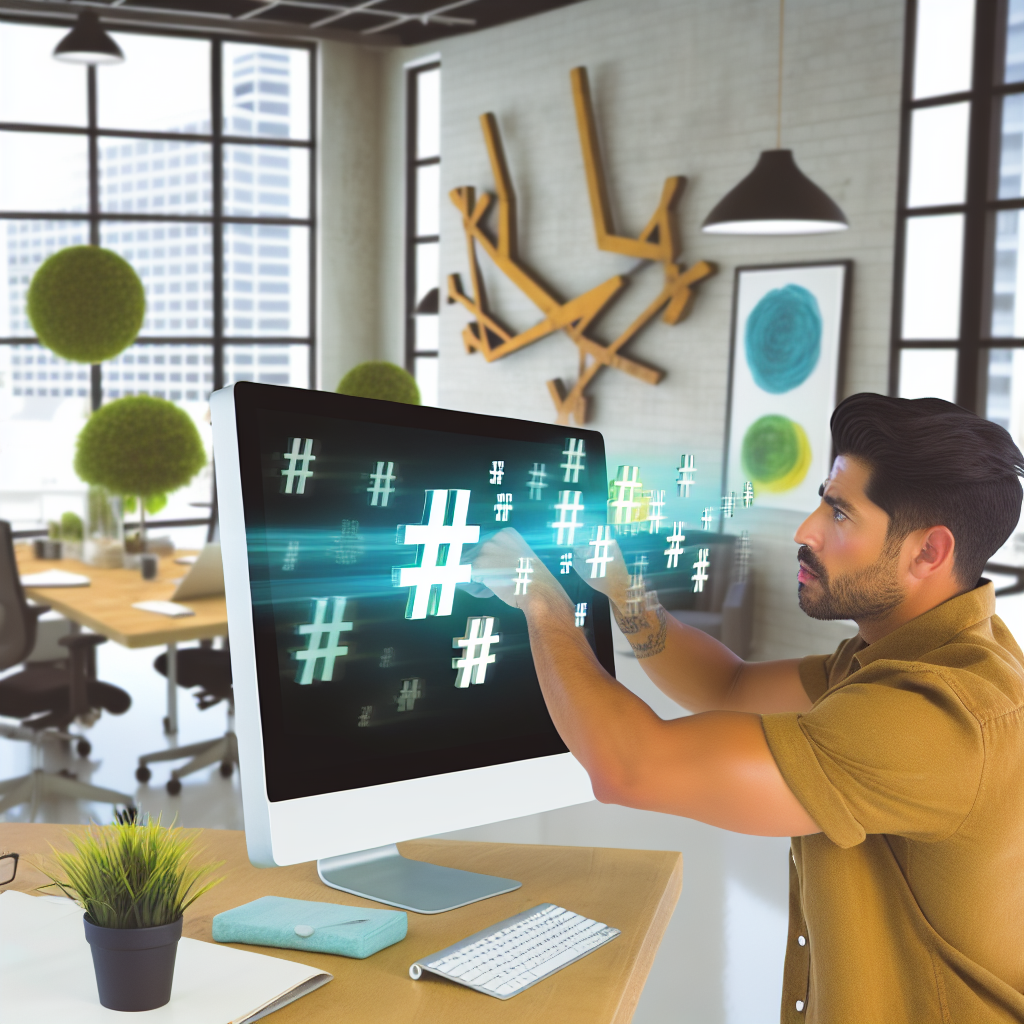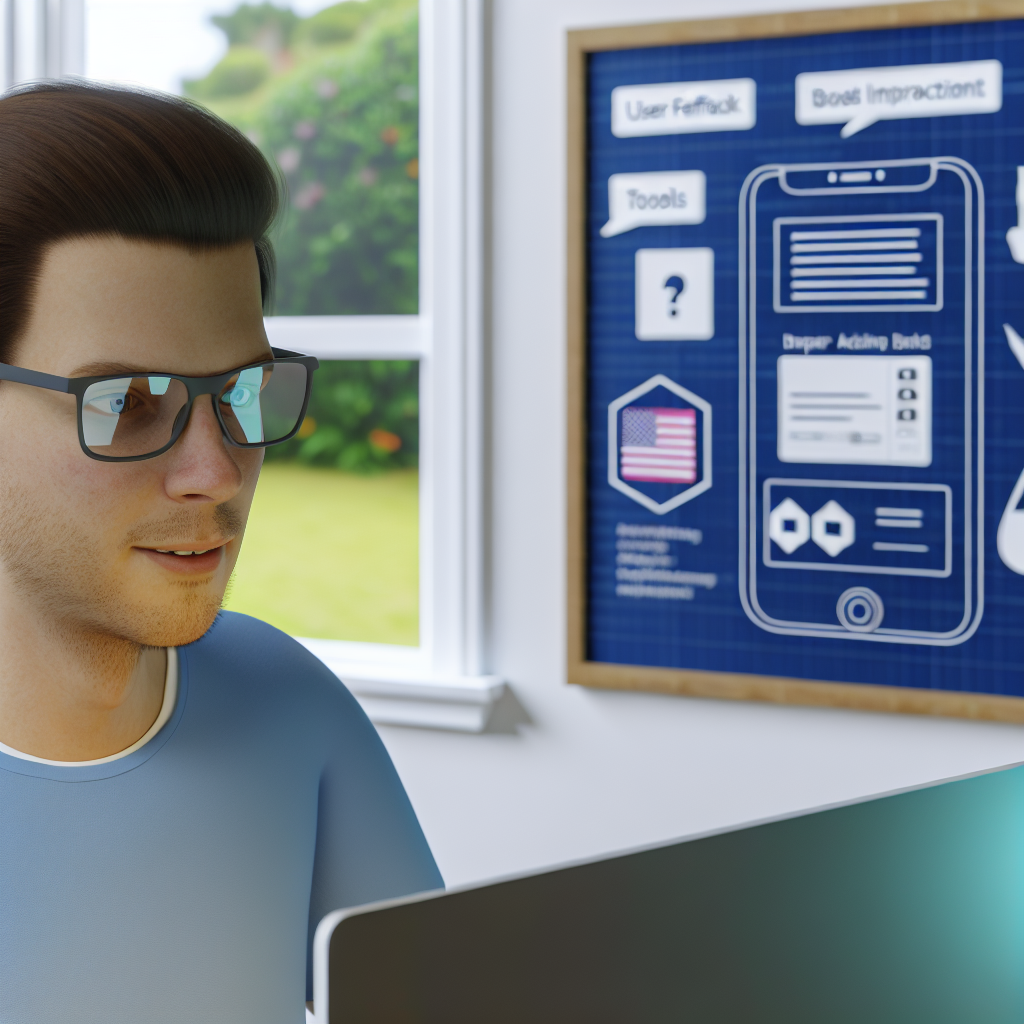There have been many studies on the impact of social media on mental health.
Nowadays, a lot of individuals have their mobile phones as virtual friends, and it’s doing more harm than good to their mental health.
These gadgets employ digital social media networks to notify users of updates regarding friends, favourite celebrities, and major world events.
Many people now fully incorporate social media into their daily life.
Datareportal.com estimates that 59% of people worldwide currently utilize social media.
The human species is a social animal.
To prosper in life, we require the company of others, and the quality of our relationships has a significant bearing on our mental health and enjoyment.
Social interaction with others has been shown to reduce stress, anxiety, and depression, improve self-esteem, bring comfort and joy, prevent loneliness, and even lengthen life.
On the other hand, a lack of solid social ties can seriously jeopardize your mental and emotional well-being.
Many people around the globe now use social media sites like Facebook, Twitter, Snapchat, YouTube, and Instagram to communicate with one another.
While each has advantages, it’s crucial to remember that social media can never fully replace face-to-face interaction.
The hormones that reduce stress and make you feel happier, healthier, and more optimistic are only released in direct physical contact with other people.
Ironically, social media, which is meant to bring people together, can really make you feel more alone and isolated and aggravate mental health issues like anxiety and depression if you spend too much time using it.
Learn how social media can harm your mental health and how you can safeguard it for yourself or someone you know.
The Effects of Social Media on Mental Health
It can worsen anxiety and depression symptoms
Constant social media use might exacerbate depressive and anxiety symptoms and heighten feelings of loneliness.
According to studies, excessive social media use combined with a strong emotional attachment to the platforms might exacerbate the symptoms of anxiety and depression.
According to a University of Pittsburgh poll, those who use between seven and eleven platforms are three times more likely to suffer from depression or anxiety than those who use no more than two.
However, the problem has two sides.
Researchers have found that some individuals utilize social media as a coping mechanism for depressive or anxious symptoms.
Scrolling through social media while you’re bored or stressed and not recognizing it can worsen things and become a vicious cycle.
Read: How Do Social Connections Impact Our Health?

It can interrupt your sleep cycle
A 2018 survey found that 15% of respondents spend an hour or more a night on their phones, while 70% of people admitted to using social media in bed before sleeping.
This happens to most people regularly; you probably check your feed before bed.
What if I informed you that it isn’t necessary?
The same study discovered that persons who use social media before going to sleep have higher rates of insomnia.
When you use it before bed, you may sleep less and get lower-quality sleep overall.
Another factor is the blue light that your phone emits, which disrupts your circadian rhythm.
Social media stimulation, on the other hand, affects both your body and mind.
If you want to get better sleep, it’s advisable to put your phone away.
Read: Money and Mental Health: How Your Finances Affect Your Mental Health
It can cause feelings of inadequacy
The likes and comments you receive on your photos and videos on social media are highlighted.
When you upload something and it receives a lot of responses, it feels amazing.
It supports the motivation behind your initial post.
But what happens if the interactions you seek with your photos or films aren’t received?
When your self-validation is dependent on social media, you could become depressed when you don’t receive what you anticipate.
We Design & Develop Websites, Android & iOS Apps
Looking to transform your digital presence? We specialize in creating stunning websites and powerful mobile apps for Android and iOS. Let us bring your vision to life with innovative, tailored solutions!
Get Started TodaySocial media comparisons might damage your self-esteem.
It can seem impossible to live up to what others are posting on it with filters that smooth the skin or make the water of the beach selfie a deep and alluring blue.
Furthermore, especially among teenagers, unrealistic body image expectations can result in “body surveillance,” which is the practice of closely observing your body to the point where you start to evaluate it.
Read: What is the Link Between Mental and Physical Health?
How to Protect Your Mental Health From Social Media
Social networking has its benefits sometimes.
You can also make use of information in a way that benefits your lifestyle.
Strike a balance between using social media and preserving excellent mental health by using these recommendations.
Set limits on the time spent on social media
Spending less time on social media services is probably the most effective strategy for teens and young adults to make sure that their use of the services has a good impact on their lives.
If you believe that social media has a detrimental impact on your mental health, be deliberate about how often you log on.
Consider setting screen time restrictions or creating a timetable for when you check social media.
Going cold turkey is not necessary.
Be realistic about your goals for using it and the steps necessary to achieve them.
Read: How to Balance Screen Time and Health
Be aware of how using social media makes you feel
Young people frequently compare themselves to social media users, yet doing so can harm maintaining a positive self-perception.
Online, this “social comparison” element manifests itself in various ways that might be harmful to adolescent social media users.
Young people need to constantly remind themselves that social media makes people and things look better and more attractive than they are to counteract their innate desire to compare themselves to the people they contact online.
Skip social media in the morning and night
It appears that time is important.
Start or conclude your day with enjoyable activities rather than a potentially unpleasant thought.
Using social media apps early thing in the morning can make the remainder of your day less positive.
Additionally, as already said, using these apps late at night may interfere with your sleep.
Because of this, it can be beneficial to consider using a digital or conventional alarm clock instead of taking your phone with you when you go to bed.
As an alternative, you might store your phone in a room drawer.
In this manner, it is out of your line of sight but you can still hear your alarm when you wake up.
Consider finishing your days with rituals that are actually nourishing to your mental wellness.

Remember that what you see on social media isn’t real
Teenagers and young adults must be made aware that what they see on social media (and other online platforms) is frequently not reality.
It’s rather a skewed perspective of events in the actual world to battle feelings of inadequacy or insecurity brought on by their use of these platforms.
It can be as simple as taking a break from social media and possibly all online activity for days at a time rather than just for an hour or two to avoid negative comparisons and escape the negativity trap.
Teenagers can gain important insight into their own self-worth by paying attention to the feelings they experience when using social media.
Beginning on the inside and manifesting on the outside is how we actually feel about ourselves.
Conclusion
In conclusion, while social media has become an integral part of our lives, it’s crucial to recognize its impact on mental health.
By setting boundaries, staying mindful of how it makes us feel, and avoiding excessive use, we can mitigate its negative effects.
Remember, social media is a highlight reel, not reality.
Prioritizing real-life connections and self-awareness can help maintain a healthier relationship with these platforms.
Balancing online interactions with offline activities is key to safeguarding our mental well-being in the digital age.
Before You Go…
Hey, thank you for reading this blog post to the end. I hope it was helpful. Let me tell you a little bit about Nicholas Idoko Technologies.
We Design & Develop Websites, Android & iOS Apps
Looking to transform your digital presence? We specialize in creating stunning websites and powerful mobile apps for Android and iOS. Let us bring your vision to life with innovative, tailored solutions!
Get Started TodayWe help businesses and companies build an online presence by developing web, mobile, desktop, and blockchain applications.
We also help aspiring software developers and programmers learn the skills they need to have a successful career.
Take your first step to becoming a programming expert by joining our Learn To Code academy today!
Be sure to contact us if you need more information or have any questions! We are readily available.
Put Your Tech Company on the Map!
Get featured on Nicholas Idoko’s Blog for just $200. Showcase your business, boost credibility, and reach a growing audience eager for tech solutions.
Publish Now










